Recently an old photo popped up in my photo memories on Facebook (a website I mostly avoid for many reasons).
This is me in May of 2012. I was 31 years-old, had just finished Cheryl Strayed’s Wild, and, two years before this moment, had lost my mom to suicide.
In Wild, Cheryl Strayed writes about her adventures on the Pacific Crest Trail. The book ends in Oregon, at a bridge, where she seems to have found peace with her mother’s death and a new sense of confidence in herself. Many memoirs end this way. Editors encourage that neat little bow, and it’s oh so satisfying for a reader. We love that closure.
There I am, starting my own hike, wearing a baseball cap from one of my hotshot crews (so people on the trail could ask me about it and I could tell them how badass I was), my grandmother’s wedding ring on a silver chain, and a whistle I’d bought to scare away bears. I was terrified of bears after having fought fires in Alaska for a summer in forests teeming with black and brown bears.
I captioned the above photo: “Me, like a deer in the headlights.”
For five nights, I didn’t sleep.
The first night I lay awake in my tent, listening to the planes flying above me one after another, their flight paths like clockwork. At dawn I drifted off for an hour.
Back then I knew nothing of emotional flashbacks, limbic systems, or the vagus nerve. I spent my days hiking as fast as possible, speaking into my voice recorder, chiding myself for not sleeping.
“I need to figure out how to overcome this, and do this hike.”
I was terrified, and my response to terror was something out of Full Metal Jacket. That had always worked. Push myself harder. Force my way through it.
On my fourth day I stopped hiking early, spreading my campsite alongside a river after a grueling detour that had left me dangerously dehydrated and sunburned. Shadows of bears haunted me despite the glaring sunlight. The voice in my head was like a drill sergeant. I had finally recognized it as my mother’s.
My phone was charging via solar, and as my feet soaked in the cold water I checked my email. There was an acceptance from Syracuse University, with full funding for undergraduate studies. Scholarships and grants and work study. The previous fall, I’d applied to four private colleges on the east coast, and received rejections from all but one.
That night I cried for the first time in several months. I called a couple friends. They encouraged me to finish my hike. So did Instagram.
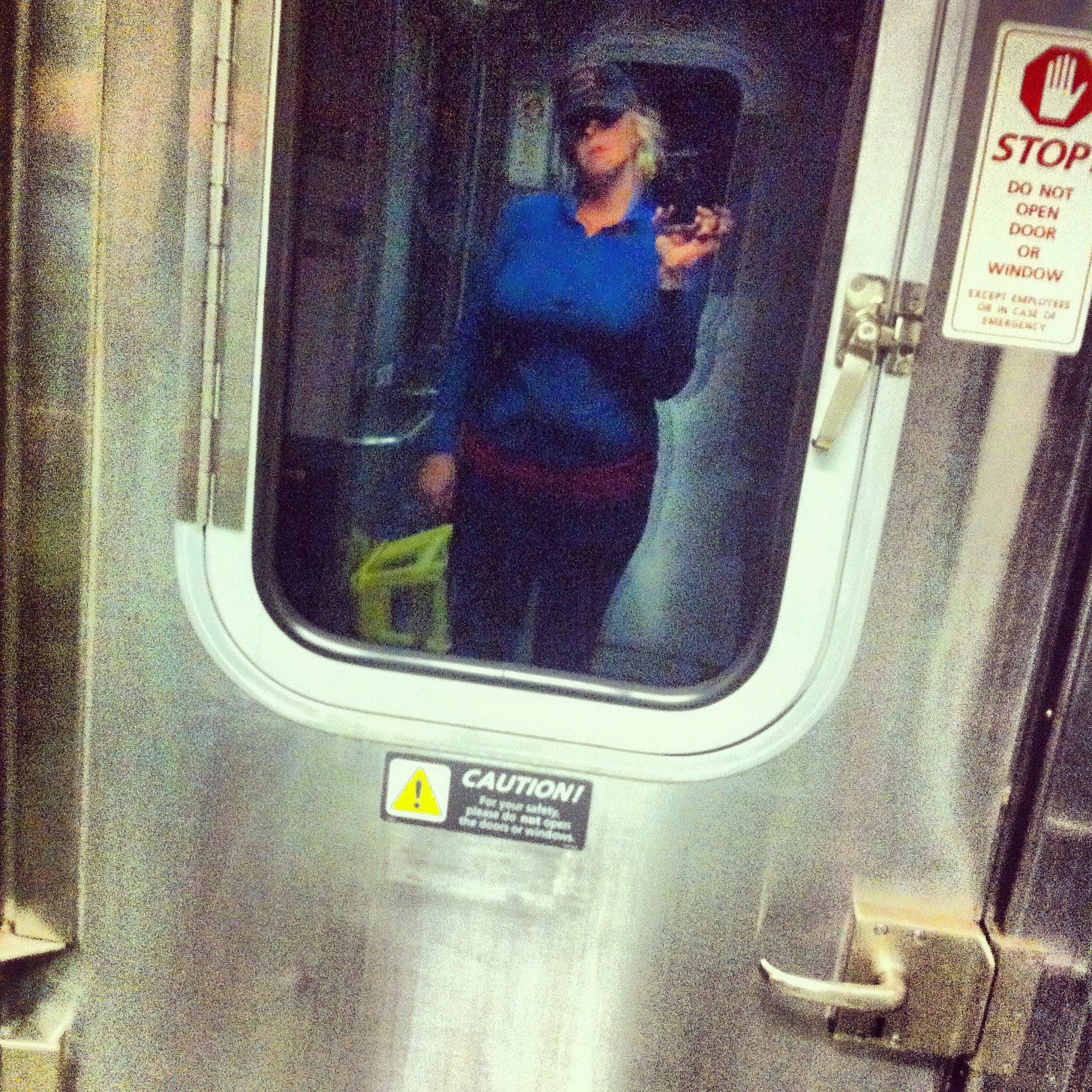
Despite being surrounded by other hikers that night (most nights I’d spent solo, rarely seeing people on the trail), I still couldn’t sleep. I lay awake, less scared than before, now agonizing over whether I should quit the hike or keep going. I had very little money in the bank (less than $1000), and I’d already set up food boxes with my best friend, who would send them at intervals.
If I finished out the hike, I risked not being able to get myself to Syracuse at all. But I also risked being seen as a failure. Failing.
By morning, I hadn’t decided. There was a trailhead a few miles ahead, with cell service and a road. I hiked there. On the way, I nearly stepped on a rattlesnake. Like, I took a step and there was a rattlesnake underneath my boot. I reeled backwards, nearly knocked off balance by the weight of my pack, then stepped away and waited for the snake to move. It didn’t rattle until after I’d backed off.
At the trailhead I called another friend, who encouraged me to keep going.
So I went, until I encountered a pile of white rocks I couldn’t get past. Physically, yes. Fine. Just keep going. But each time I stepped onto the rocks I started crying. It felt as if there were an invisible arch over the rocks, an energetic you shall not pass.
Still, I tried. Several times. That’s how much I wanted to keep going. Not for myself, but because quitting meant failure. Quitting meant I was weak.
What I didn’t realize back then was this: I didn’t need the Pacific Crest Trail to prove I could do something difficult.
I had spent my entire life doing difficult things. Getting through things. But my mother’s suicide had transformed me. My entire chemical makeup was changed. That drill sergeant voice was so loud I could finally hear it. What had been unconscious was now conscious.
I won’t tell you about the taxi driver who came to pick me up, or the shotgun he showed me in his trunk, or his long diatribe against his ex-girlfriend. Or the hotel room, where I binged and purged Burger King, overcome with shame at “quitting.” (Yes, I was still struggling with bulimia back then). But I will tell you about the feather I found on my last day, one of the only material possessions I’ve kept in the thirteen years since then.
In one of my photos from this time, the caption read “The beginning of the journey, wide-eyed and unknowing.”
Looking at the above photo, I can see how tired I am. How sad (and sunburnt). That feather, though, represented something to me. A gift.
I didn’t know it at the time, but I gave myself a gift by quitting the Pacific Crest Trail. I listened to my body. I listened to myself. And it was the start of a different kind of journey– a much longer journey– of learning how to listen to myself in a body and psyche that had developed sophisticated systems of self-silencing.
I drove across the country in my run down tiny purple Honda Civic, got a $400 a month room in a shared house, and promptly took the first job I could find: A hotel housekeeper. The job was familiar, it paid $7 an hour, and I enjoyed it, though obviously that isn’t a fair living wage (and housekeepers are notoriously underpaid, especially hotel housekeepers). At the time I had only medical debt, no credit cards, and no students loans. It would be several years before I would have a credit card.
You can see my name on the bottles– Ana. The name I went by for most of my adult life.
I remember that summer fondly. Housekeeping wasn’t a bad gig except for the pay. They gave us lunch, and I could listen to endless podcasts. We were usually done by early afternoon. I’d done the work before, but at the time I didn’t realize that this might be my last time working as a hotel housekeeper.
I imagined how school would feel. I was so excited. And although being an elder undergraduate was difficult (and that first year was especially financially lean), it was better than I had imagined. My curiosity was insatiable. My professors were (mostly) kind and brilliant. I made friends, both in and outside of school. And I found mentors. I developed a quiet place inside myself, where I secretly cultivated my dreams of being a writer.
It’s still a bit hard to believe, though. The time between now and then, and what has changed. Inside me, this country, the world.
I am in debt, but highly educated. My first book debuts soon. I know I was in my early thirties back then, but in many ways I was naíve. Not to the world’s horrors, but to its goodness. And my own goodness. My strength.
I didn’t think of myself as deserving of good. It’s something I still struggle with.
I write this to you as a reminder. A failure is an open door. Quitting is not always the wrong choice, and doing the hard thing isn’t always the right one.
It’s such a mystery.
We all deserve good things.
Every single one of us.
My forthcoming book, HOTSHOT, was featured in the New York Times “21 Nonfiction Books Coming This Summer.”





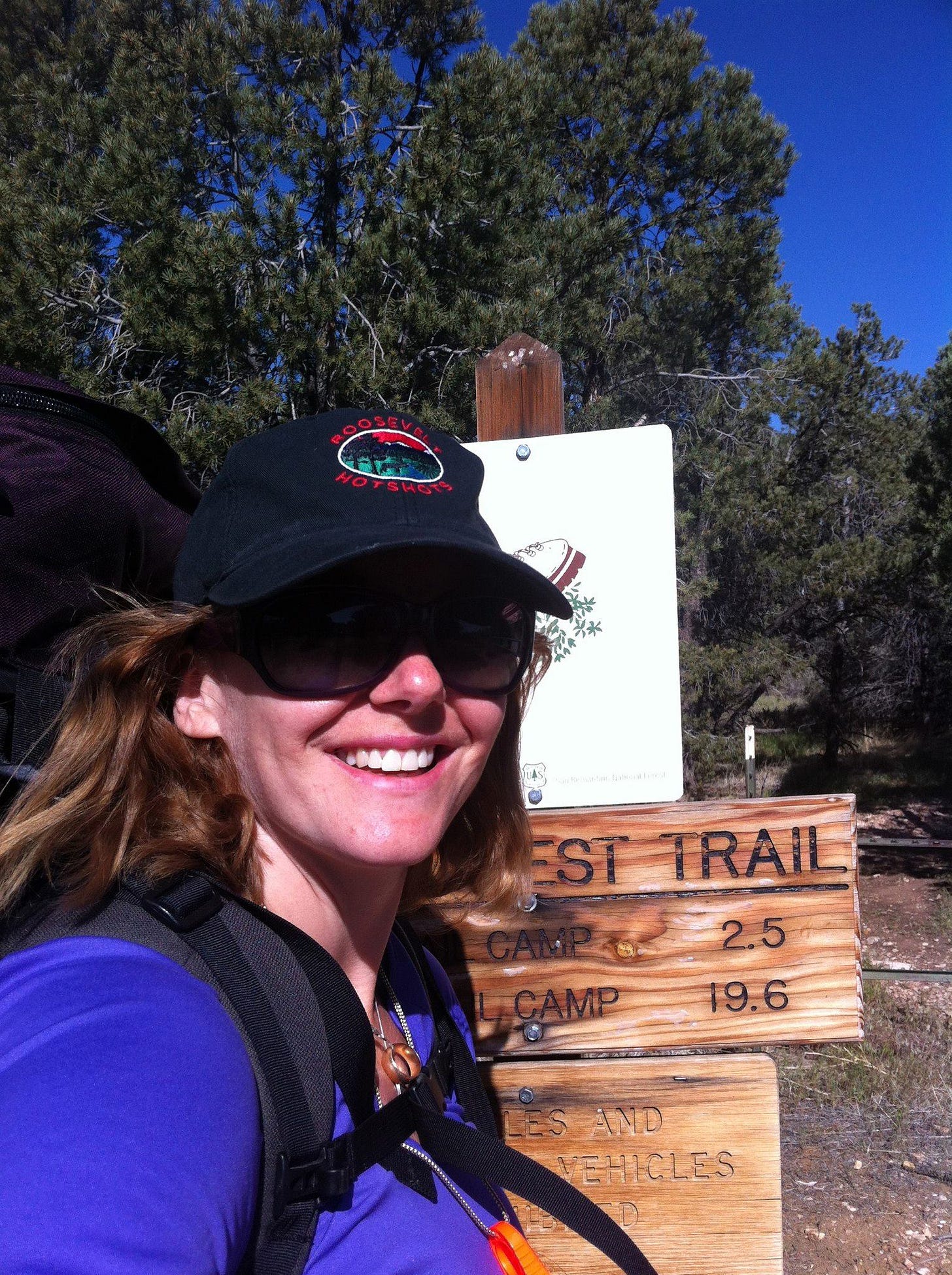
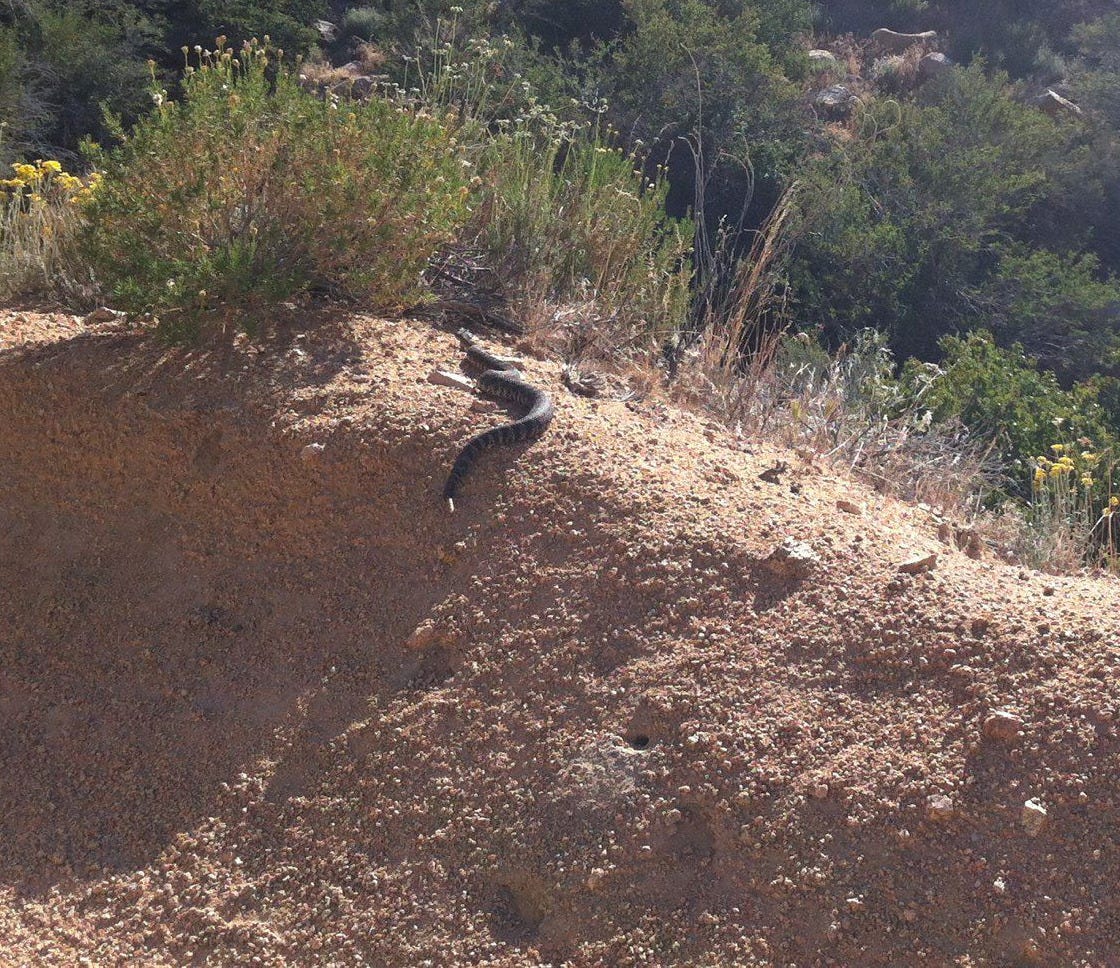
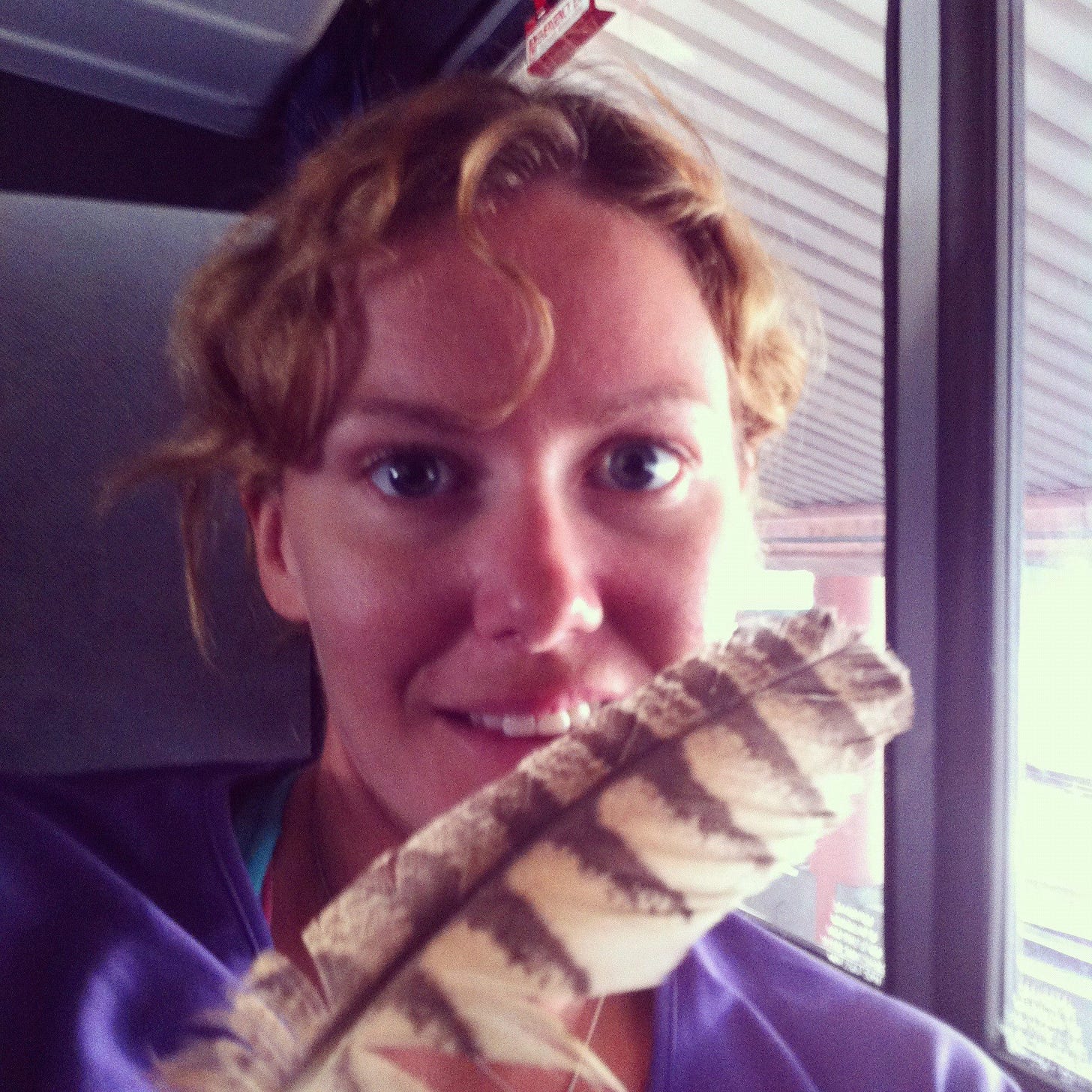
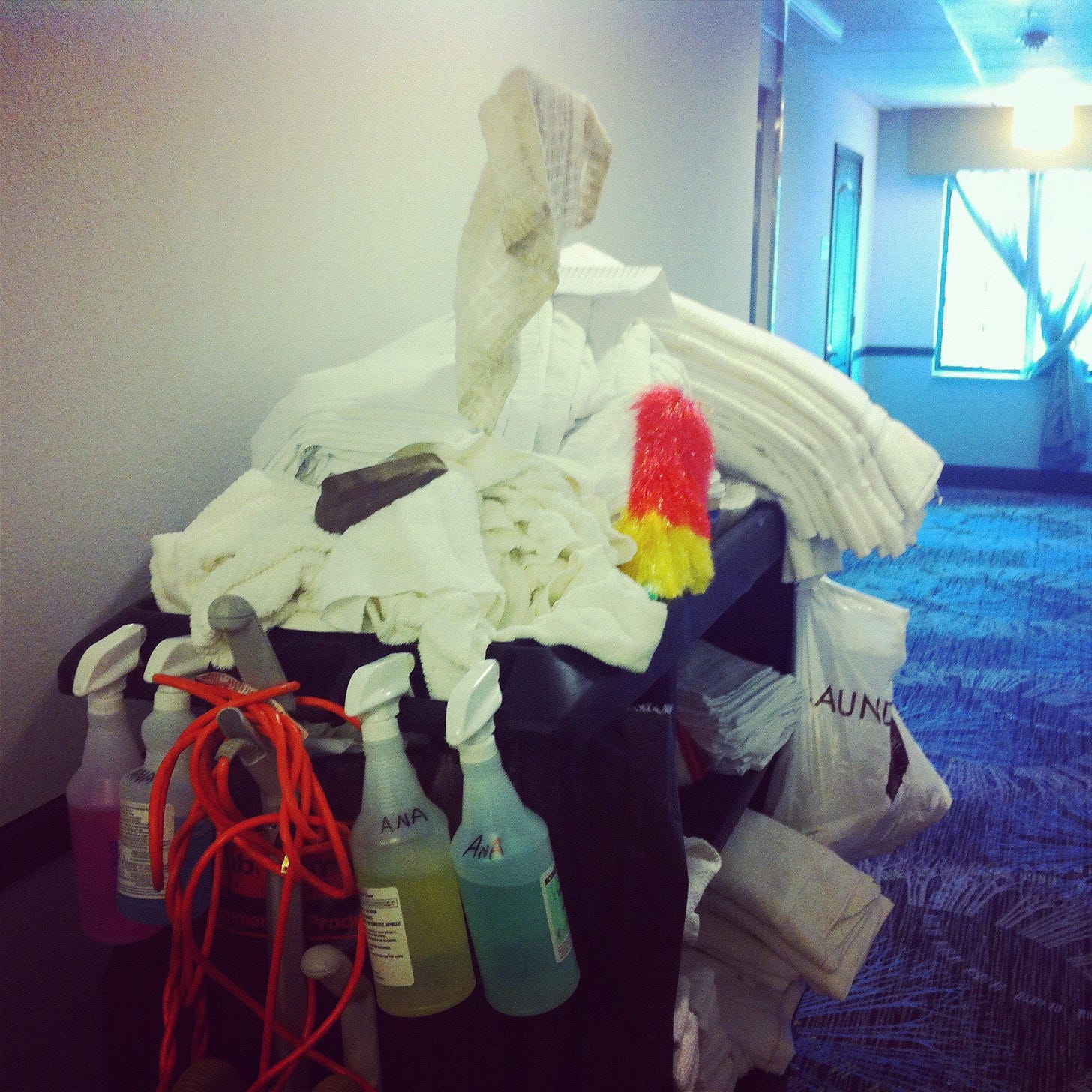

I once had a conversation with a good friend of mine. She related to me her early struggles in college, in employment right after that, how badly she wanted success and recognition. I listened as best I could, but I was overcome with this sudden realization that our lives were so inherently different I just did not have the words to explain my feelings to her at all. When she was in college, I was surviving on minimum wage jobs, desperately trying to get through a few community college classes on my own. I failed. I had to bail from school. While she was getting started in her field, making money, building a professional reputation, I was working another hourly job, even though the pay was improving, and with all my progress I was still barely surviving on my own two feet. When she was going back home to get the support of her parents, I was already supporting a spouse who couldn't (wouldn't) work, drowning in debt, suicidal, hanging by a thread.
We get this wild feedback from friends like this who think "keep going" is somehow the thing we need to hear, when in reality most of them have never had to live year after year in a constant state of survival, and they just don't know what that does to our bodies and our minds and our souls.
My friend is brilliant and compassionate and wonderful, and I'm so happy she doesn't know what it feels like to be stretched so thin that anyone could see through you if they just looked. I hope she never knows that sensation. But it leaves me, and those like me, stuck in this bizarre place where we nod along to the surface conversation and hum underneath about all of the things we have done and said and been and endured just to keep breathing from one day to the next. I think I would have walked off that trail, too, River.
I loved learning that the origins of the word “quit” includes “be still” and “set free”. As in “I set myself free from”. Apparently it was during the Industrial Revolution that “quitter” gained a negative connotation; of course it did.
Thank you for sharing this. I look forward to reading your book soon!!